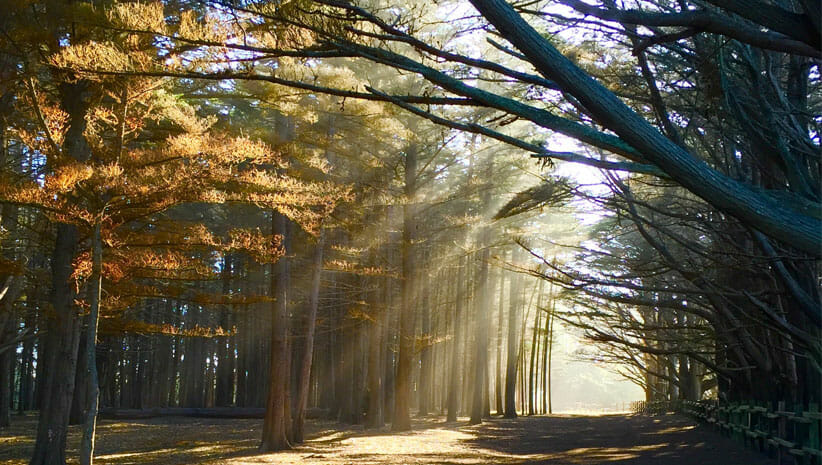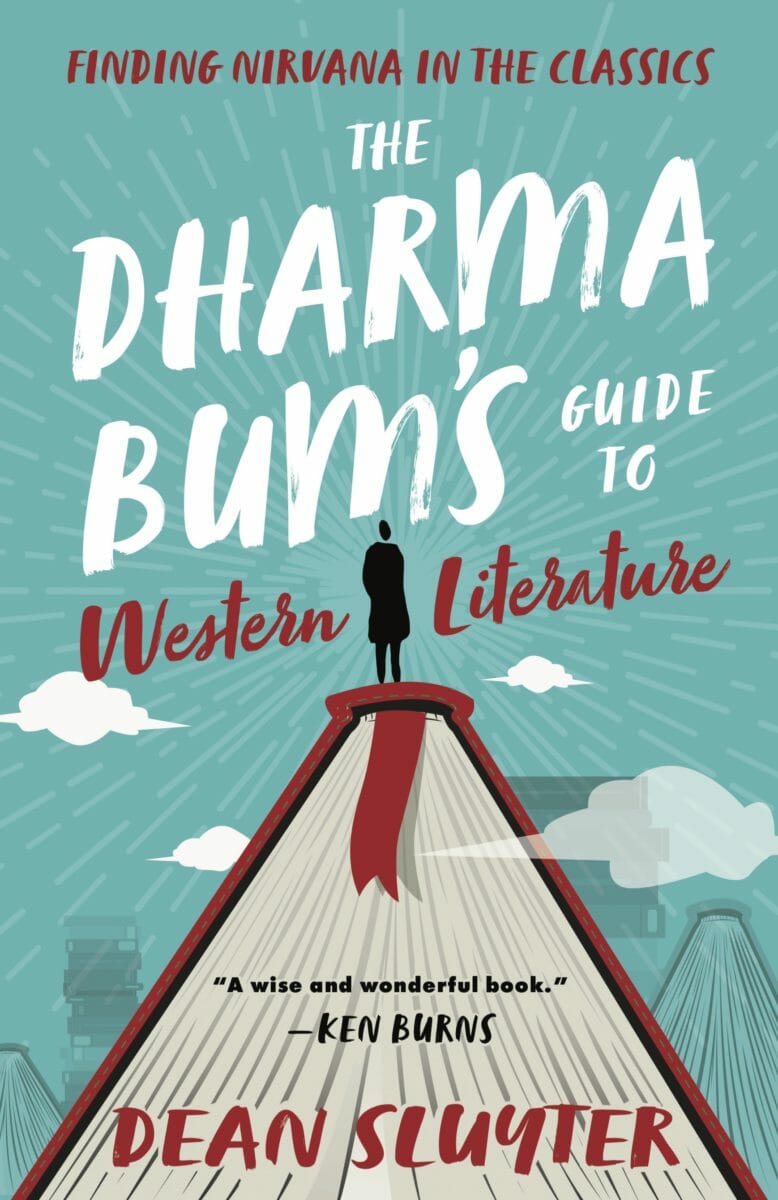Visionary William Blake Explored Nirvana through Poetry
To a natural-born visionary like William Blake, the divine is revealed by — the divine is — every ordinary object. We can try to reject it, but it’s always up in our face, like blowing sand. As he famously put it:
If the doors of perception were cleansed every thing would appear to man as it is, Infinite.
Blake’s own doors of perception were cleansed early — blown wide open, really. He grew up in the Soho section of London in the mid-eighteenth century. When he was four years old, he saw God leaning his forehead against the window, and it left him screaming. By age eight he’d grown more at home with his expanded perception and could enjoy the sight of a tree filled with shining angels. Later, as he watched his brother Robert die, he saw Robert’s soul rise joyfully through the roof and into the heavens. No big surprise, then, that his contemporaries dismissed him as a lunatic; it took more than a century till he became a beacon to Dharma bums everywhere.
There’s a theory that Blake suffered from ergotoxicosis, a condition that gives rise to hallucinations — or spiritual visions, depending on your point of view. Known among peasants since the Middle Ages as Saint Anthony’s fire, it’s caused by eating rye bread infested by purple ergot fungus, which, in the twentieth century, was refined into LSD. (The Doors got their name from the Blake passage above, as did Aldous Huxley’s pioneering account of his mescaline trips, The Doors of Perception.) But Blake’s highest epiphanies were also the purest, with no psychedelic special effects required.
To see a World in a Grain of Sand
And a Heaven in a Wild Flower
Hold Infinity in the palm of your hand
And Eternity in an hour
That’s steep but simple. Just as ocean is present in every wave, the infinity of existence is present in every object that exists, and eternity in every moment of time. This is not some hippie spiritual fantasy but a confirmable hypothesis, and Blake has assigned us the lab work to confirm it. You have to look. Put a grain of sand, or a wildflower, or a crumpled gum wrapper, or anything else in the palm of your hand. Or just look at your hand. (Blake had at least one actual student in these matters, his wife Catherine, who learned to see as he did.)
Look and keep looking for an hour, or eternity, whichever comes first. Eternity comes not at the end of a zillion zillion years. It comes — or, rather, comes to be noticed — in a moment, any moment when time melts away. That’s happened to you before, whenever you got so lost in dancing with your headphones on, or pulling the weeds, or practicing your jump shot, or gazing at a star, that time evaporated. It happens whenever you get so lost in en-joying that you’re in joy and out of time, when you’re so present that past and future are delightfully absent, off on a well-earned vacation.
Anything we experience in this eternity discloses infinity.
The timeless, weightless whoooooshhh that you and your lover (or you and your cat) feel when you relax and melt into each other’s eyes, when the edges between “I” and “you” go blurry, is a glimpse of release from the matrix of time and space.
That limitlessness is what we all seek, consciously or not.
The Dharma Bum’s Guide to Western Literature: Finding Nirvana in the Classics
This excerpt is published, with permission, from The Dharma Bum’s Guide to Western Literature: Finding Nirvana in the Classics. Read more about William Blake and other writers who have had an undeniable influence on our popular culture and our quest for enlightenment in this book.
Attend an event (online or in person) to celebrate and learn more. Dharma Bum Book Release Events
Dean Sluyter (DeanWords.com) teaches meditation in Santa Monica and leads workshops throughout the United States and beyond. His latest book is Fear Less: Living Beyond Fear, Anxiety, Anger, and Addiction.


